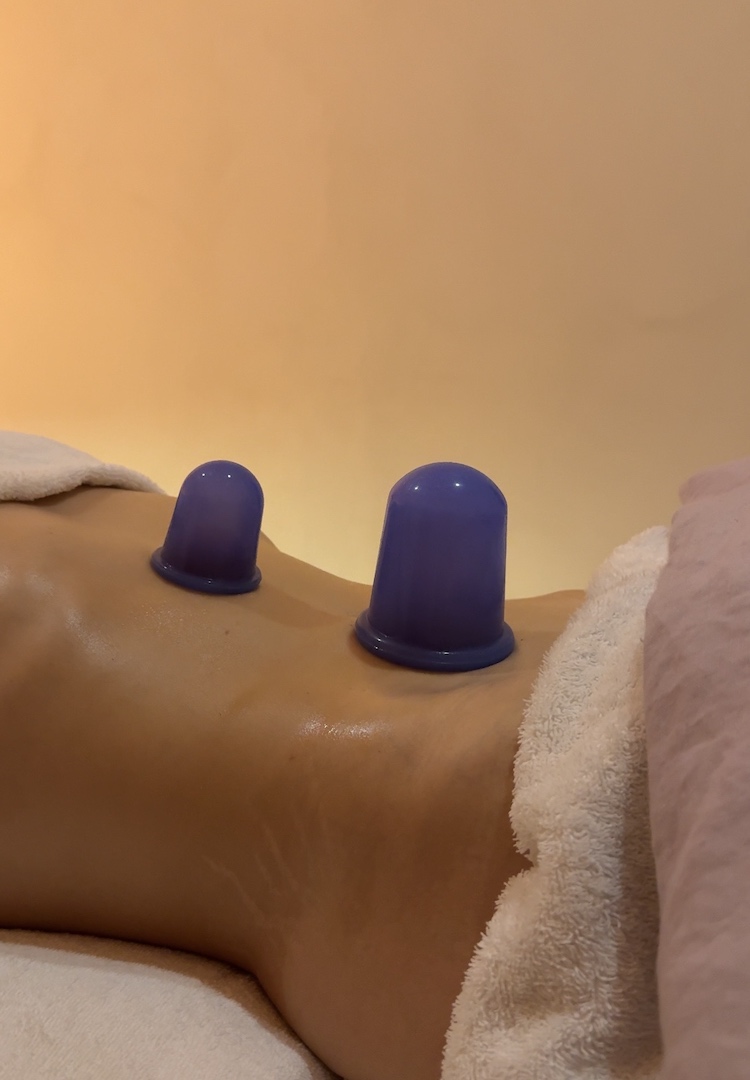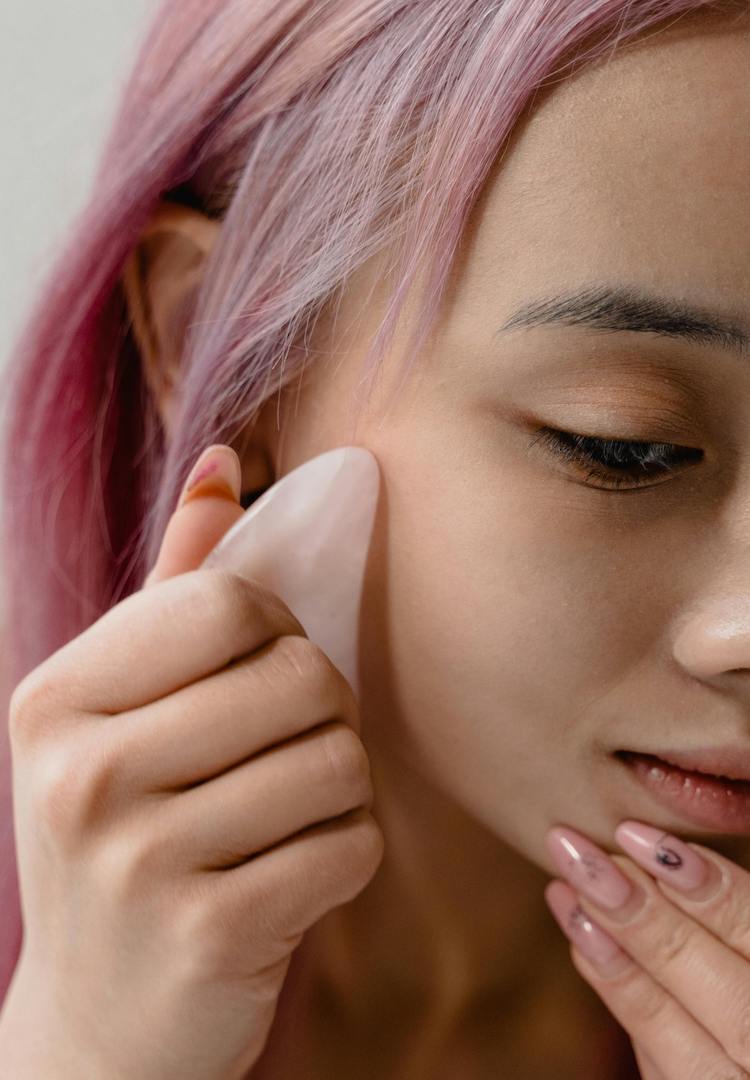How a lack of physical touch can impact your wider health
WORDS BY KAYA MARTIN
Let’s get physical.
When was the last time you were touched? I asked myself this question a while ago, counting out the days on my fingers. I had recently moved to a new country where I knew no one, leaving my family and my boyfriend behind. It had been longer than I’d like to admit.
And the thing is, I noticed it in my body. Not to be dramatic, but it kind of felt like I was withering away like a handful of dandelions left out in the sun. I remembered something my mum said when I first moved away for university.
For more content like this, tap through to our Life section.
She told me to consider getting a monthly massage because physical touch was good for your health. As a broke student, I opted to sleep around instead (sorry Mum!). But her words stuck with me. Could a lack of physical touch actually be bad for us?
What is the purpose of touch?
In her paper about physical touch during the COVID-19 pandemic, Dr Joanne Durkin, a researcher at the University of New England, outlines its importance. When a person doesn’t receive enough touch, it can cause ‘touch hunger’ or ‘touch starvation’. This condition has been associated with higher levels of anxiety, depression and stress. In teenagers, touch hunger is related to higher levels of aggression.
On the flip side, receiving touch can improve our mental health. And our physical health too – when we’re touched, it releases chemicals in our bodies that can help our immune systems to fight off illness. Strangely enough, research shows it may also help us win basketball games.
While it’s clearly valuable to us, touch is rarely given the consideration it deserves. Dr Durkin says it can be useful to see touch as a form of communication, similar to conversation.
“If you were told you weren’t allowed to speak to another person for eight weeks, you would be aware of the impact that that’s having on you, you would think about it, you would acknowledge it.”
Her work is focused on physical touch in a health care setting. A comforting touch from doctors and nurses has been shown to have multiple benefits, but Dr Durkin says these days, healthcare professionals and students are being taught to be careful. She recalls something she read recently in a training article for midwives.
“They were advised that a way to comfort their patients may be to place a comforting hand on the shoulder of the patient, but [to] be aware that this might be misconstrued,” says Dr Durkin. “And you’d think – you’re wrist-deep in the woman’s vagina, and you’re putting in guidance that you shouldn’t comfort that woman or hold her hand?”.
Good touch vs. bad touch
Western culture has a tendency to sexualise all forms of touch. In the wake of the #MeToo movement, there has been extra caution surrounding unwanted physical intimacy and personal boundaries.
This has prompted many companies to implement ‘no hugging’ and ‘no touching’ guidelines. Netflix even had a ‘no looking at someone for longer than five seconds’ rule (which like, okay, who’s timing this?).
Dr Durkin sees this as an overly controlling attempt to avoid legal issues and create a safe work environment that doesn’t actually achieve all that much. “A ‘no hug’ guideline wouldn’t have stopped Harvey Weinstein. He was a predator,” she says.
Dr Michelle Drouin, an experimental psychologist and author of the book Out of Touch: How to Survive an Intimacy Famine, is well aware of the benefits of physical touch. But she feels these policies are necessary to protect vulnerable people in the workplace.
She says that while touch can have positive impacts, it can certainly have negative impacts as well. “Little things that you could do, such as putting your hand on a shoulder, that could be really triggering for a person but you don’t know about it,” she says. “I don’t think that there’s anything that could be too strict if we’re talking about protecting people.”
Increase your touch
Even though it’s something we all need, it can feel embarrassing to ask to be touched. Like, ‘I’m a little baby, give me my kisses and cuddles’. But guess what – it’s totally normal!
Seeking out touch can often be mistaken for a sex thing. So how do we go about it in a way that doesn’t come off as, you know, creepy?
“It can help you understand your situation more fully if you understand, ‘Actually, I haven’t touched another human being for a long time, that is having an impact on my emotional and mental health, I want to acknowledge that,” says Dr Durkin. If you share these feelings with the people you’re close with, you might be surprised at how many of them feel the same.
Dr Drouin recommends a 20-second hug with friends and family. Even though it might seem a little long by most people’s standards, there’s evidence that it can reduce stress and help prevent burnout. But if close relationships aren’t an option, you can always leave it up to the professionals.
Dr Durkin references an episode of Fraiser, where the character Niles separates from his wife. “He comes round and he says, ‘It’s been terrible, I’ve been paying women to touch me’. And Fraiser goes, ‘My gosh, you’re not going to prostitutes!’, and he’s like, ‘No, don’t be ridiculous! I’ve been getting manicures and haircuts and massages!’”.
So it turns out, after all that, my mum was right.
For more on physical touch, head here.













